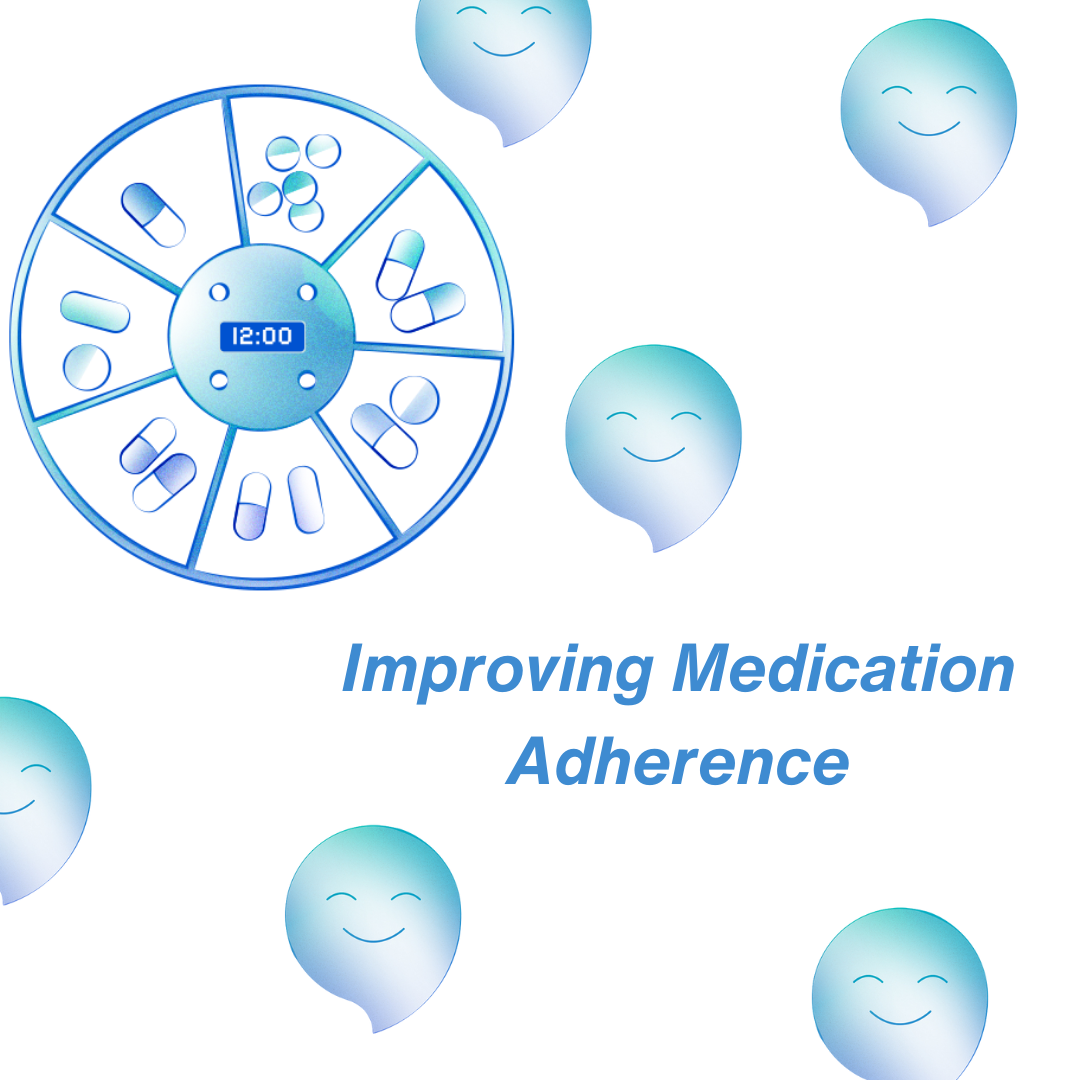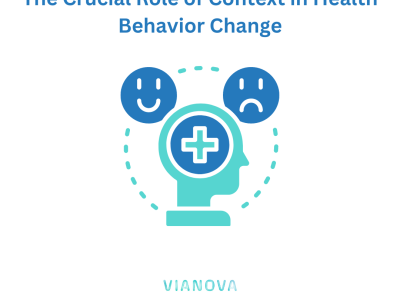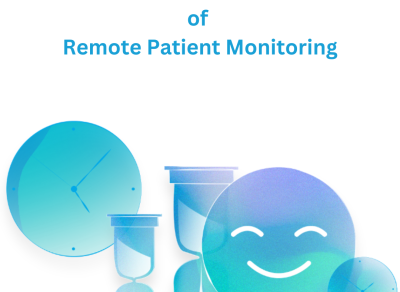
Improving Medication Adherence in RPM with Behavioral Economics
Medication adherence is a cornerstone of effective cardiology care. For patients with heart conditions, taking prescribed medications on time is crucial. However, adherence can be a significant challenge. In this article, we’ll explore how the principles of behavioral economics, such as loss aversion and mental accounting, can be employed to encourage patients to adhere to their prescribed medication regimens within the context of Remote Patient Monitoring (RPM).
The Challenge of Medication Adherence
Non-adherence to prescribed medications is a common issue in healthcare. Patients may forget to take their pills, intentionally skip doses, or simply fail to follow their prescribed regimen consistently. Non-adherence can have severe consequences in cardiology care, as it may lead to preventable complications and hospitalizations.
Behavioral Economics and Medication Adherence
Behavioral economics offers valuable insights into why patients may struggle with medication adherence and how their behavior can be influenced:
1. Loss Aversion: Loss aversion is a psychological principle that suggests people are more sensitive to potential losses than equivalent gains. In the context of medication adherence, patients can be encouraged by framing non-adherence as a potential loss. For example, emphasizing the risks and consequences of not taking prescribed medications can motivate patients to adhere.
2. Mental Accounting: Mental accounting refers to the way individuals categorize and evaluate their financial and non-financial assets. Patients may mentally categorize their health and well-being as a valuable asset. RPM providers can capitalize on this by highlighting medication adherence as a wise investment in preserving their most valuable asset.
3. Reminders and Notifications: Behavioral economics recognizes the power of timely reminders. RPM platforms can send notifications and reminders to patients’ devices, making it more difficult for them to forget or neglect their medication.
4. Feedback and Rewards: Providing patients with feedback on the positive effects of medication adherence, as well as offering rewards or incentives for adhering, can create a mental reward structure that encourages medication consistency.
5. Personalized Approaches: Recognizing that not all patients respond to the same nudges, personalized approaches to medication adherence are essential. Behavioral economics principles can be used to identify the most effective strategies for each individual.
6. Medication Packaging: The way medication is packaged can influence adherence. Pill organizers, blister packs, and easy-to-read labels can help patients keep track of their medications more effectively.
7. Patient Education: Patients who understand the rationale behind their medication regimen are more likely to adhere. Providing clear, understandable explanations about the importance of each medication and how they contribute to overall cardiac health can motivate adherence.
Building a Behavioral Nudge
A behavioral nudge is a subtle prompt or intervention designed to encourage a specific behavior. In the context of medication adherence, behavioral nudges can be powerful tools. For example, sending patients reminders about the importance of their heart health and the potential losses associated with non-adherence can act as a nudge to take their medication consistently.
By employing behavioral economics principles in the design of RPM programs, providers can improve medication adherence. This, in turn, enhances the overall effectiveness of cardiac care, reduces the risk of complications, and promotes better heart health for patients.
In our next article, we will explore future trends in behavioral economics and their potential impact on remote cardiology monitoring. Stay tuned for more insights into the dynamic world of behavioral economics and cardiology.



FEEL FREE TO DROP US A LINE.